All Things Automotive To Keep Your Car Running
Ellie Moore
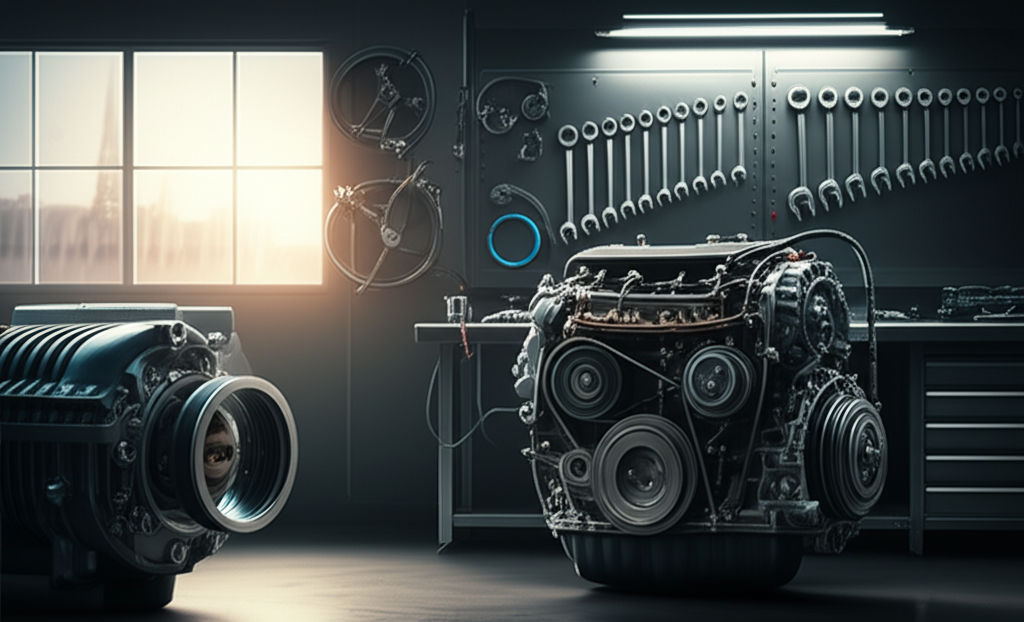
Photo: Maximize your car's life & save money! Learn essential maintenance tips for optimal performance, safety, and longevity. Keep your vehicle running smoothly.
All Things Automotive: Keeping Your Car Running Smoothly for Years to Come
For many, a car is more than just a mode of transportation; it's a vital part of daily life, a symbol of independence, and a significant investment. Ensuring your vehicle remains reliable, safe, and performs optimally for years to come hinges on one critical factor: consistent automotive care. Whether you're a seasoned car owner or new to the world of vehicle maintenance, understanding the ins and outs of keeping your car running is essential. This comprehensive guide will equip you with the knowledge and actionable steps to extend your car's life, enhance its performance, and save you money in the long run.
The Foundation of a Long-Lasting Car: Regular Maintenance
Think of your car as a living organism; it needs regular check-ups and proper nourishment to thrive. Neglecting routine maintenance is akin to skipping doctor's appointments – minor issues can quickly escalate into costly and dangerous problems. Regular vehicle maintenance is paramount for safety, performance, and longevity.
Why Preventative Care is Non-Negotiable
Preventative car maintenance isn't just about avoiding breakdowns; it's about maximizing your investment and ensuring peace of mind. By proactively addressing potential issues, you can:
- Enhance Safety: Critical components like brakes, tires, and steering systems must function correctly to prevent accidents. Worn brake pads or under-inflated tires can compromise vehicle control and safety.
- Improve Performance and Efficiency: Routine servicing, including oil changes and engine tune-ups, keeps your car running smoothly, providing better acceleration and responsiveness. Proper maintenance, like correctly inflated tires and clean air filters, also enhances fuel efficiency, saving you money and reducing your environmental impact.
- Prolong Vehicle Lifespan: Consistent maintenance prevents wear and tear, allowing your car to operate effectively for a longer period. It helps avoid costly repairs by catching small issues before they become major problems.
- Maintain Resale Value: A vehicle with a documented maintenance history is more attractive to potential buyers, often leading to a higher resale value.
Essential Routine Checks You Can Do
While some tasks require a professional mechanic, many basic automotive care checks can be performed in your driveway with minimal tools. These simple steps can prevent significant issues down the road.
-
Oil and Filter Changes: The Lifeblood of Your Engine Engine oil lubricates moving parts, reduces friction, prevents wear and tear, and dissipates heat. Over time, oil becomes contaminated and less effective. The general rule of thumb is to change your engine's oil and filter every 3,000 to 5,000 miles or every three to six months, though some newer cars can go up to 7,500 miles or even have sensors that alert you. Always consult your car's owner's manual for specific recommendations. Regularly checking your oil level with the dipstick, ideally monthly, is crucial.
-
Tire Care: Pressure, Rotation, and Alignment Your tires are your car's only contact with the road, making their condition vital for safety, fuel efficiency, and comfort.
- Tire Pressure: Check your tire pressure monthly, or before long trips, when the tires are "cold" (not driven for at least a mile). The recommended PSI (pounds per square inch) can be found on a sticker inside your driver's side door jamb. Proper inflation reduces wear, improves gas mileage, and ensures safer driving.
- Tire Rotation: Rotate your tires every 5,000 to 7,500 miles to ensure even wear and extend their lifespan. Uneven tread wear can indicate underlying issues like suspension or alignment problems.
- Wheel Alignment: If your car pulls to one side, it might need a wheel alignment. This adjusts the angles of the wheels to ensure they are parallel to each other and perpendicular to the ground.
-
Brake System: Your Safety Net Brakes are paramount for safety. Inspect them regularly and pay attention to any changes.
- Brake Pads: If you hear squealing or grinding noises when applying the brakes, your pads are likely worn and require replacement. Ignoring this can lead to damage to other parts of the braking system. Brake pads typically last between 30,000 and 70,000 miles.
- Brake Fluid: Check the brake fluid level regularly. Low fluid can compromise braking performance, and brown liquid could indicate a leak.
-
Fluid Checks: Beyond Just Oil Many fluids keep your car running smoothly. Regularly checking and topping them off is a simple yet effective maintenance habit.
- Coolant/Antifreeze: This fluid regulates engine temperature, preventing overheating and protecting against freezing. Check the reservoir monthly when the engine is cold.
- Transmission Fluid: Essential for smooth gear shifts and transmission longevity.
- Power Steering Fluid: Ensures smooth and easy steering.
- Windshield Washer Fluid: Essential for clear visibility, especially on long trips.
-
Battery Health: Powering Your Journey A car's battery typically lasts 3 to 5 years. Regularly check the battery terminals for corrosion and ensure the battery is firmly anchored. If your car struggles to start, it could be a sign of a dying or dead battery.
-
Other Vital Checks:
- Air Filters (Engine & Cabin): A dirty engine air filter can reduce engine efficiency and allow contaminants in. Cabin air filters keep allergens and pollutants out of your car's interior. Check your owner's manual for replacement schedules, typically every 12,000 to 15,000 miles for engine air filters.
- Belts and Hoses: These components are crucial for powering various systems and preventing breakdowns. Have them checked regularly, especially during oil changes, for cracks, fraying, or leaks.
- Lights: Regularly check all exterior lights – headlights, taillights, brake lights, turn signals, and license plate lights – to ensure they are working and clear.
When to Seek Professional Help (Scheduled Services)
While DIY checks are valuable, your car also needs professional attention. Your owner's manual outlines a recommended maintenance schedule, typically every 12 months or 12,000 miles. These scheduled services, often at major mileage milestones (e.g., 30k, 60k, 90k miles), involve comprehensive inspections and replacements by trained technicians.
Understanding Your Vehicle: Signs and Symptoms
Your car often communicates its needs through various signs. Learning to interpret these signals can help you address issues before they become severe.
Decoding Dashboard Warning Lights
Modern cars are equipped with a suite of dashboard warning lights designed to alert you to potential problems. A flashing light often indicates a more serious issue requiring immediate attention. Always consult your owner's manual to understand what each symbol means. Common warning lights include:
- Check Engine Light: Can indicate anything from a loose gas cap to a serious engine or emissions system issue.
- Oil Pressure Warning: Signals low oil pressure, which can lead to severe engine damage if ignored.
- Brake Warning Light: Indicates issues with the braking system, such as low fluid or worn pads.
- Tire Pressure Monitoring System (TPMS) Light: Means one or more tires are under-inflated.
Listening to Your Car: Unusual Noises and Vibrations
Unusual noises or vibrations are often the first indicators that something is amiss.
- Squealing or Grinding: Often points to worn brake pads, but can also indicate issues with belts or other components.
- Knocking or Tapping: Can signal engine problems, such as low oil levels or internal damage.
- Clunking or Rattling: Could be related to suspension issues or loose components.
- Vibrations/Juddering: Can stem from misaligned wheels, worn suspension, or brake problems. If your steering wheel shakes, it could be tire imbalances.
The Smell Test: What Odors Mean
Unusual smells can also be a tell-tale sign of car troubles.
- Burning Rubber: Could indicate a slipping belt
Finance & Investment
View All
January 28, 2025
Yahoo and Finance Investing GuideStand out online! Expert SEO content, leveraging E-E-A-T and user value, is key to higher rankings, building trust, and driving conversions. Learn how.
Ellie Moore

January 16, 2025
Start a Career with Ledgent FinanceGo beyond keywords! Expert SEO content builds trust, authority, and improves rankings. Discover how valuable, E-E-A-T-driven content drives business growth.
Ellie Moore

April 5, 2025
What Is Quantitative Finance AboutUnlock higher rankings & engaged readers with expert SEO content. Master E-E-A-T, create "people-first" articles, and dominate search results in 2025.
Ellie Moore

November 10, 2025
Chevrolet Financing Deals 2025Unlock higher rankings & engaged audiences with expert SEO content. Learn to craft authoritative, valuable, and trustworthy content that truly stands out.
Ellie Moore

April 29, 2025
Google Financing Login HelpMaster expert SEO content for higher rankings & engaged readers. Learn to build authority & trust with E-E-A-T, originality, and user intent.
Ellie Moore

March 21, 2025
Kia Finance Phone Number and Quick SupportUnlock top rankings with expert SEO content. Learn how E-E-A-T (Experience, Expertise, Authoritativeness, Trustworthiness) creates valuable, people-first conten...
Ellie Moore
Insurance
View AllPolicyholders & risk managers: Navigate life insurance with confidence. Find essential coverage to safeguard your financial legacy and ensure peace of mind.
Ellie Moore
Unlock peace of mind with Ultimate Nationwide Insurance Plans. This guide helps you secure comprehensive protection for your assets, health, and financial futur...
Ellie Moore
Learn how self-insured companies manage risks, reduce costs, and create customized insurance solutions for employees.
Ellie Moore
Find out why marine insurance is vital for protecting cargo, vessels, and shipping operations in international trade.
Ellie Moore
Discover how peer-to-peer insurance models operate, offering community-based risk-sharing alternatives.
Ellie Moore
Discover how artificial intelligence simplifies claims, enhances accuracy, and speeds up insurance processes.
Ellie Moore
Education
View AllPlay is crucial in early learning! Discover how play-based learning enhances cognitive, emotional, and social development in young children.
Read MoreUnderstand dyslexia and discover effective ways to support dyslexic students in the classroom. Learn proven strategies to improve learning outcomes.
Read MoreUnderstand the causes, effects, and potential solutions to the student loan debt crisis. Learn what can be done to ease this financial burden.
Read MoreHow does social media affect learning and behavior? Uncover the positive and negative effects of social platforms on students today.
Read MoreFinancial literacy is essential for today’s students. Discover why teaching money management early can lead to smarter financial decisions.
Read MoreProject-based learning engages students by tackling real-world problems. Learn how this approach fosters critical thinking and creativity.
Read MorePopular Post 🔥
View All
1
2
3
4
5
6
7
8
9
10
Health






Automotive
View All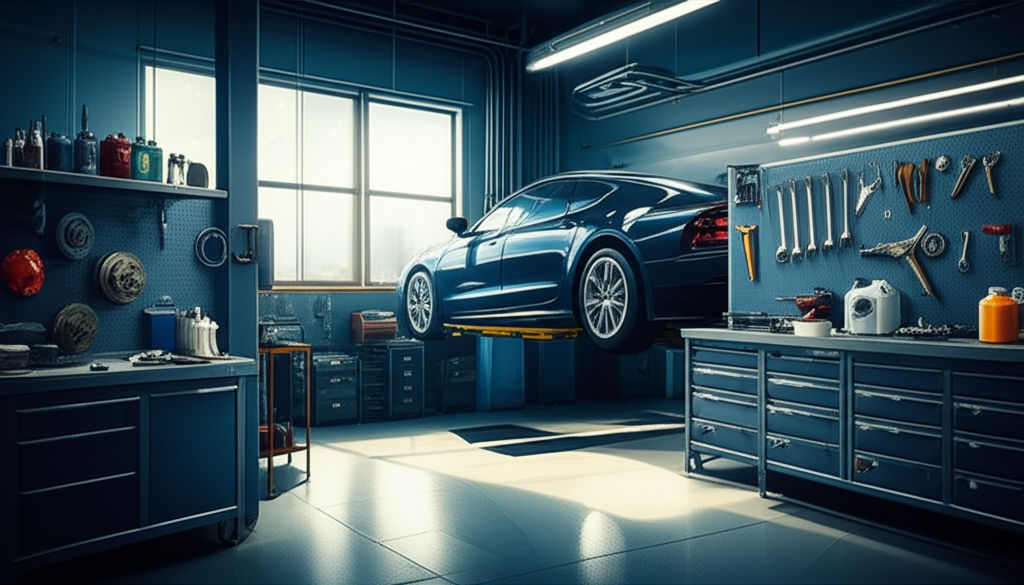
July 19, 2025
Miller Automotive Tips For Vehicle Maintenance
Miller Automotive's essential tips for vehicle longevity. Proactive maintenance ensures safety, boosts performance, and saves you money long-term.
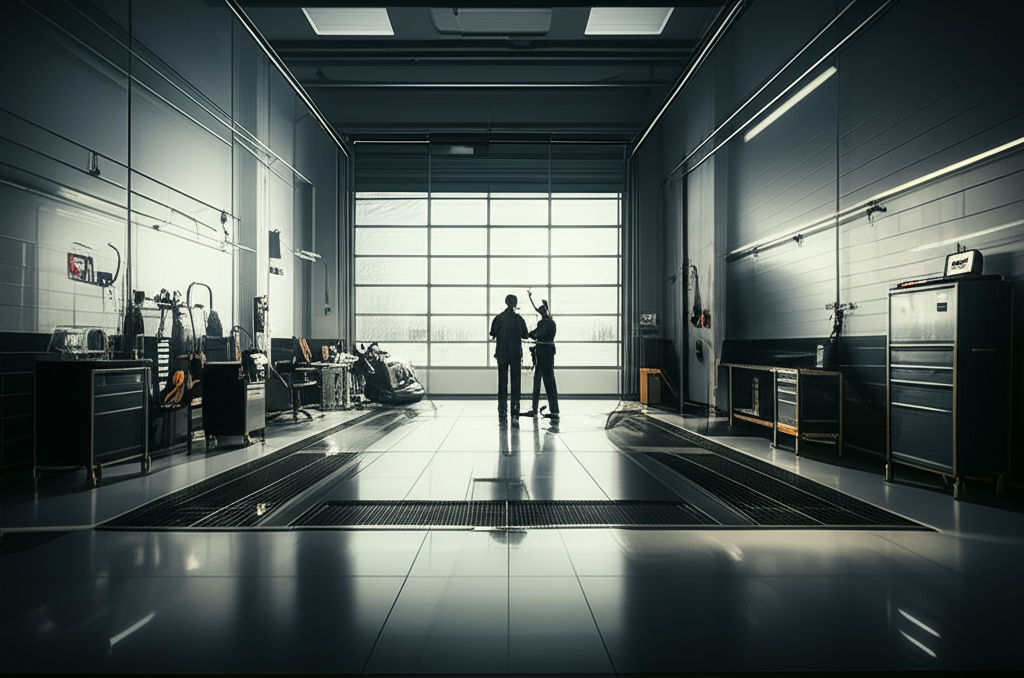
July 11, 2025
What You Need To Know About STS Automotive
Unpack "STS Automotive"! Discover how Service, Technology, & Solutions define your modern vehicle experience for reliability & peace of mind.

August 22, 2025
Dannys Automotive Fast Reliable Service
Danny's Automotive offers fast, reliable service. Get expert vehicle care combining speed with precision and trust, without compromising your schedule.
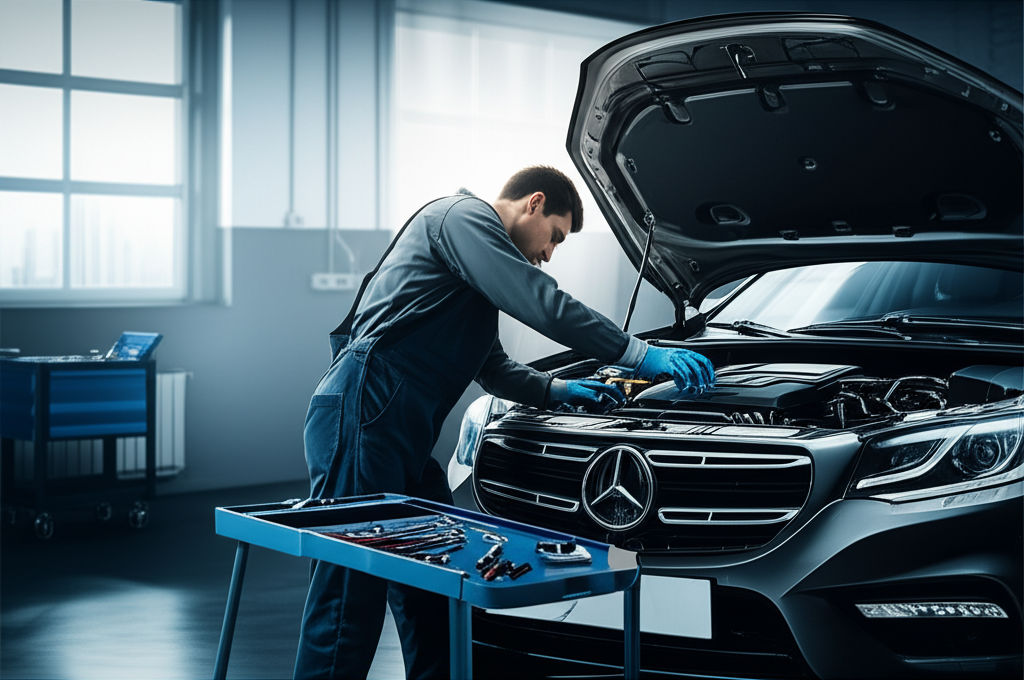
August 6, 2025
Cornerstone Automotive Tips For Reliable Repairs
Master reliable car repairs! Learn proactive maintenance, choose trusted pros, save money, and ensure your vehicle lasts longer.
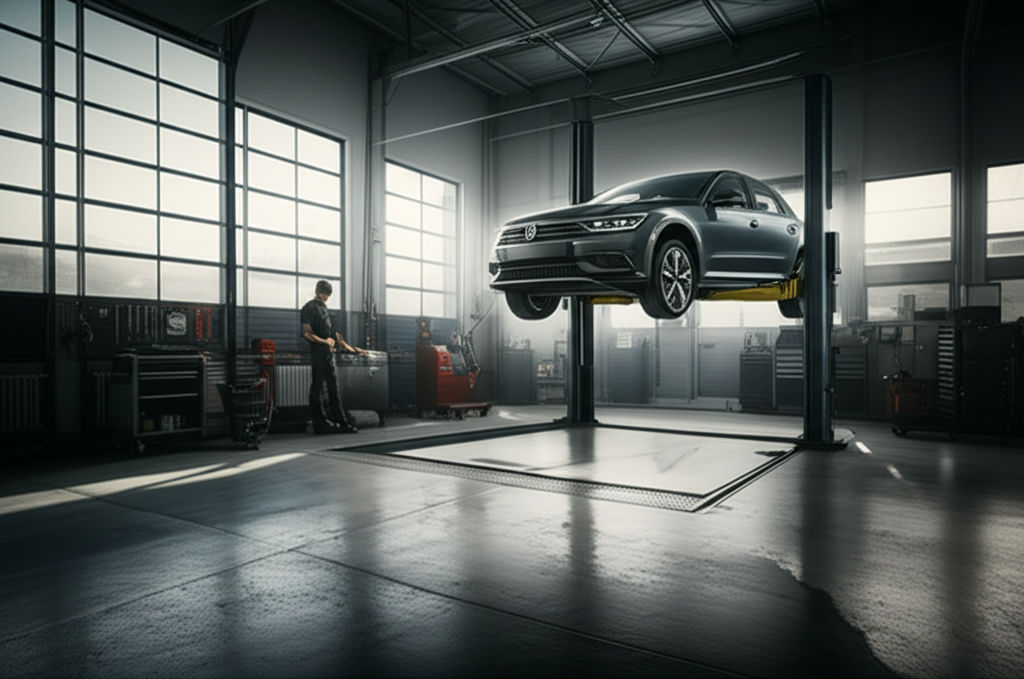
July 17, 2025
JT Automotive Services Worth Checking Out
Unlock peace of mind & vehicle longevity. Discover why choosing the right car care partner, like JT Automotive Services, truly matters.

August 30, 2025
Thornton Automotive Experts In Your Area
Find trusted auto repair in Thornton! Learn what defines top-tier automotive experts, from local knowledge to certifications, for peace of mind on the road.

















